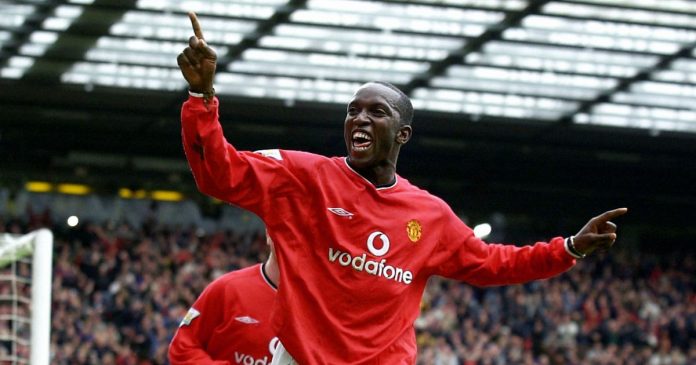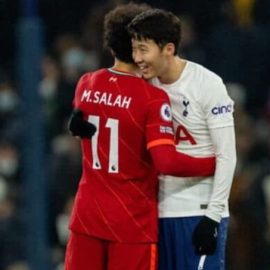Back in February of this year, Wolverhampton Wanderers were handed a suspended £25,000 fine by the Premier League board for fielding a weakened team against Manchester United the previous December.
Manager Mick McCarthy made ten changes to his team with the view of resting his first string players for an upcoming ‘relegation six-pointer’ with fellow stragglers Burnley – a game that Wolves duly won 2-0, thus vindicating McCarthy’s decision entirely.
Wolves then went on to successfully retain their top-flight status, and Burnley…well we all know what happened to Burnley.
At the time, the Premier League released the following statement to explain the rationale behind their moronic stance;
“The Premier League Board has issued Wolverhampton Wanderers FC with a suspended £25,000 fine after deciding that the team fielded in their league fixture against Manchester United on 15 December 2009 was not full strength and therefore in breach of Rule E20.
The board also deemed that the club had failed to fulfil its obligations to the league and other clubs in the utmost good faith and was therefore in breach of Rule B13.”
The league’s Rule E20 stipulates that clubs must field a full-strength side in all top-flight games and B13 is, as stated, in place to ensure that all Premier League sides act in ‘good faith’ toward each other so as not to undermine the integrity of the competition.
The decision to find Wolves in breach of these regulations was, of course, terribly offensive to the squad members concerned who – if we are to follow the Premier League board’s logic (as potentially disastrous as that may sound) – weren’t deemed good enough to play in the top flight.

Last night, in an instance of unbridled coincidence, it was Manchester United themselves that decided to field a team for their opening Champions League fixture against Rangers last night which consisted of ten changes made from the side which drew with Everton at the weekend – the thinking obviously being that even their second string would be strong enough to see off such limited opponents, thus giving their first choice players a week’s rest ahead of their Premier League clash with bitter rivals Liverpool on Sunday.
Therefore United manager Sir Alex Ferguson used exactly the same logic that Mick McCarthy employed against him last season (albeit to different ends) and has, as yet, not faced a single word of resistance. On the other hand, McCarthy was hounded by the press, who took on their all-to-familiar air of faux-condemnation following his decision.
Now, I’d just like to make one thing clear. I do not disagree with Ferguson’s (or McCarthy’s, for that matter) actions.
A club’s squad is in place for a reason (to rest, rotate and/or protect players) and it is no concern of the governing bodies as to which particular member of the squad is picked to play in any given game (whether it be just one man brought in for a particular fixture or all eleven), unless the player in question is illegitimate for one reason or another.
However, what I do disagree with is the inherent hypocrisy. I know that the two aforementioned incidents took place on vastly different stages, but the principles are exactly the same – and should therefore be punished as such.
It’s pretty obvious to see where the line is drawn when it comes to the rulings on squad rotation.
Will we ever see the likes of Arsenal and Manchester United – who have regularly rested large numbers of first team players in various competitions in the past – sanctioned for fielding weakened or reserve teams (regardless of the individual quality of the auxiliary players)? I somehow doubt it.
Yet again, it’s a clear case of ‘one rule for some clubs, another rule for the others’.
Add Sportslens to your Google News Feed!






